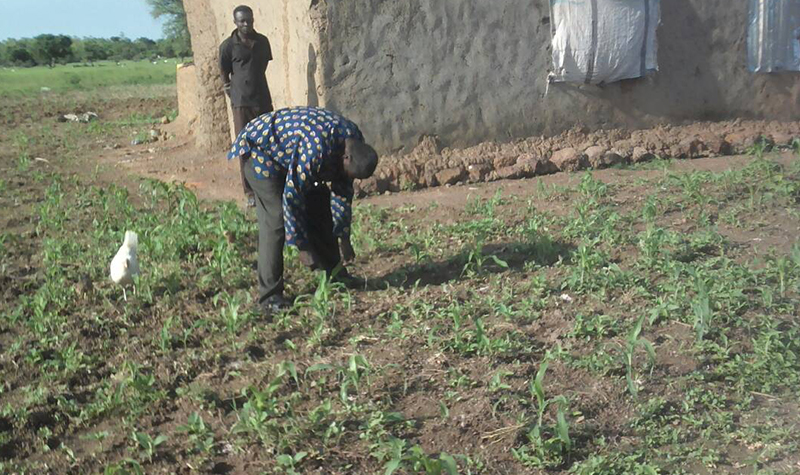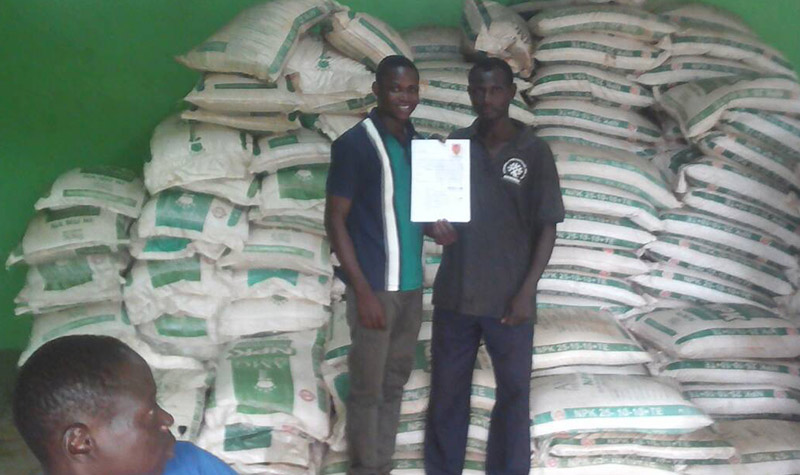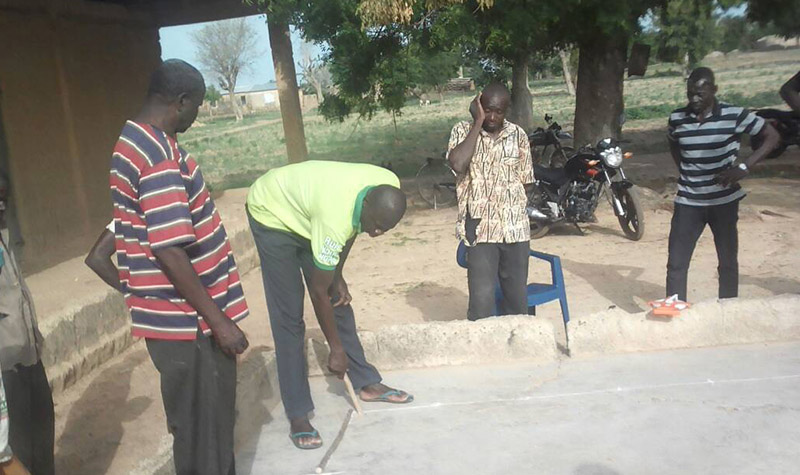 September 17, 2017
September 17, 2017
In 2016, Moses Yangnemenga spent the long break working on his family’s farm in Nandom Biiregaugn, an agrarian community in Upper West Ghana. Over the years, Moses had begun to see the stark reality of farming in his community; consistently low yields and a widespread inability to afford supplies.
That year was no different; Moses’ family’s harvest was underwhelming, as they were unable to purchase crop fertilizer. “Growing up, I had always looked forward to adding value to economic activities within my community to help shape our living conditions,” said Moses. “Not only is there increasing food insecurity among rural farmers due to low crop yields, but also, the youth have become increasingly discouraged about the potential of the agriculture sector.”a

When Moses returned to Ashesi, he learned about the D-Prize, an initiative that funds new entrepreneurs who are working towards making impact through proven poverty interventions in developing countries. He teamed up with freshman year roommate, Sihle Magaula, and together they formed Tieme Ndo, an initiative to support farmers in Northern Ghana.
In May 2017, the D-Prize awarded Moses and Sihle $20,000 to run a pilot for their initiative. The focus of Tieme Ndo, which means “push me up” is two-fold: to provide farmers with needed supplies (at the right time and on credit), and to help make them become financially independent.a

“Most of the farmers only do the basic farming, planting and harvesting, and thereafter have no impact in the agricultural value chain,” says Sihle. “Besides distributing these supplies and raising agripreneurs, we want them to have a broader input in the agricultural value chain.”
Since receiving their grant, Moses and Sihle have worked in four communities in the Upper West Region, and benefitted over 500 farmers, far exceeding their goal of 130. The duo have created a supply chain, trained farmers in entrepreneurship and best practices, and created networks and associations for farmers to share experiences and assess progress.

For the two, the experience and impact thus far has drawn them further into extending the program. Sihle, a Computer Science student, has dedicated his capstone project to building an application to help connect farmers better to extension officers. Moses continues to work closely with farmers to foster community. “One of the things I’ve learned is to build trust,” he says. “We are trusting them with our input, in that they will pay back at the right time, while improving their yields, and also they are trusting us by agreeing to work with us to also learn from us.”
Share this story
